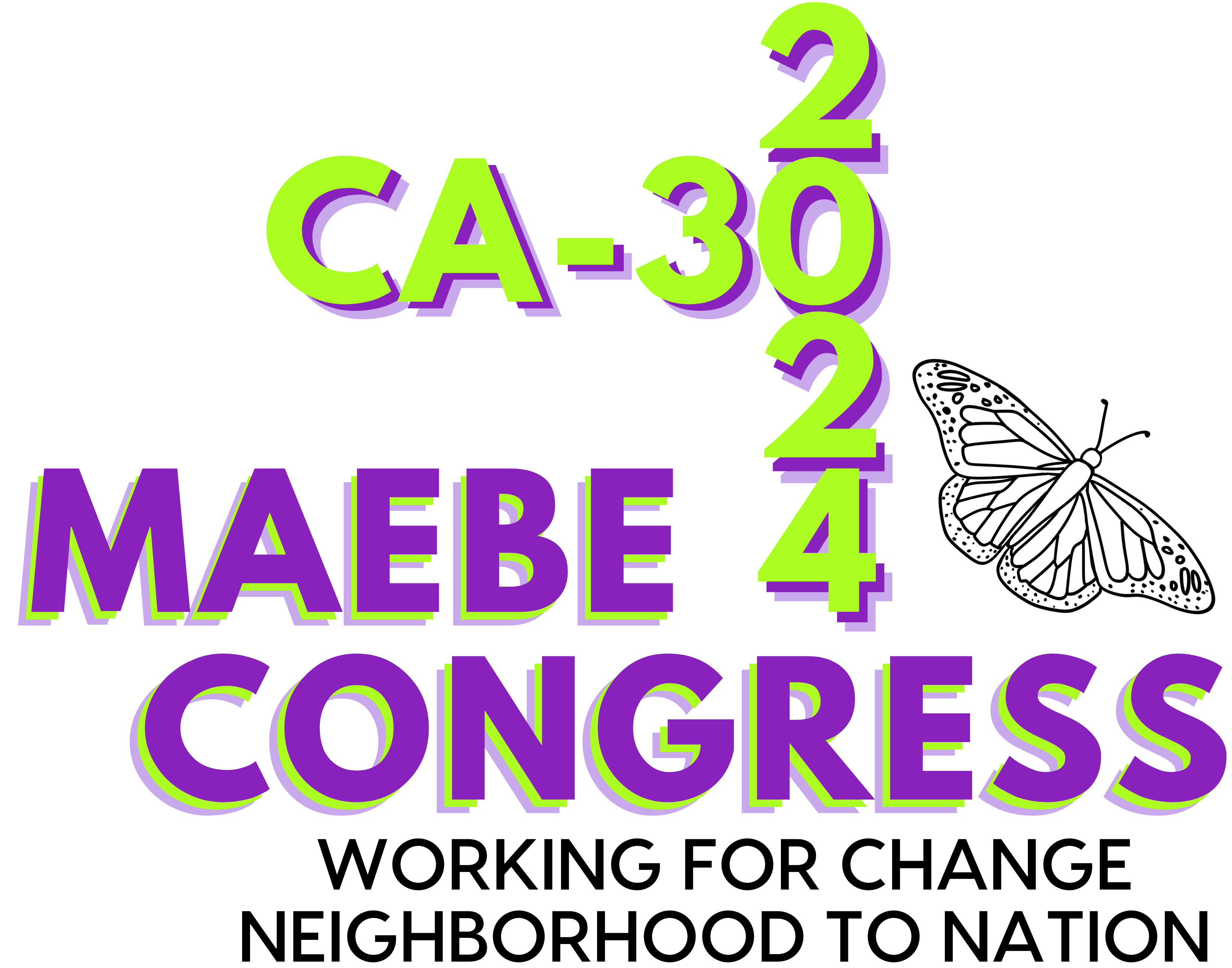|
|
Dear friend,
Happy Indigenous Peoples’ Day!
U.S. history curriculum often tries to present Native American tribes as though they are a thing of the past. But Native communities are thriving—there are more than 5 million Natives registered as members of tribes today, in addition to the many Native people who may have been disenrolled or come from tribes that are not federally recognized.
Intersectionality means understanding how different social categories overlap and interact with each other when it comes to discrimination, inequity, and injustice. As a trans non-binary candidate dedicated to running on an intersectional platform, I think it is crucial to recognize the ways in which LGBTQIA+ identity regularly intertwines with cultural identity for the Native members of our community.
More than 150 pre-colonial Native tribes recognized third genders in their communities, and many of these specific cultural gender identities continue to be respected to this day. In 1990 at an inter-tribal LGBT conference in Winnipeg, the term Two-Spirit was proposed by Cree Elder Myra Laramee—a translation of the Anishinaabemowin term niizh manidoowag. Being non-binary is not a modern, white, “woke” idea. It is both history and Indigenous resilience in action!
When rallying against transphobia, it’s important to always remember that many of us experience gender and cultural identity as an inseparable, intertwined experience. Recognizing the ways in which transness overlaps with tradition for the Indigenous gender-expansive members of our community allows us all to better understand how powerful and essential our fight is.
Gender identity is only one issue facing Native communities today. Research shows the average Native household has 8 cents of wealth for every dollar of wealth owned by a white American household. Land seizures, violence, and broken treaties are responsible—even Congress played a huge role in the decimation of Native American wealth with laws like the General Allotment Act of 1887.
As with slavery, the United States has yet to do much to rectify decades and centuries of injustice. Congress has taken small steps—the 1978 Indian Child Welfare Act, recently upheld by the Supreme Court, was a crucial step in keeping Native families from being further decimated—but we need more legislative action and reparations to heal and empower Native communities.
This campaign works on the land of Tongva, Tataviam, Serrano, Kizh, and Chumash Peoples. While I’m pleased to see land acknowledgments become relatively common, at least here in Los Angeles, acknowledgment without action is an empty gesture.
It’s time to get serious about working meaningfully alongside the Indigenous communities on whose land we reside, and to respect and uphold the sovereignty of Indigenous communities across the world.
In solidarity,
Maebe Pudlo
|
|
|
|||
